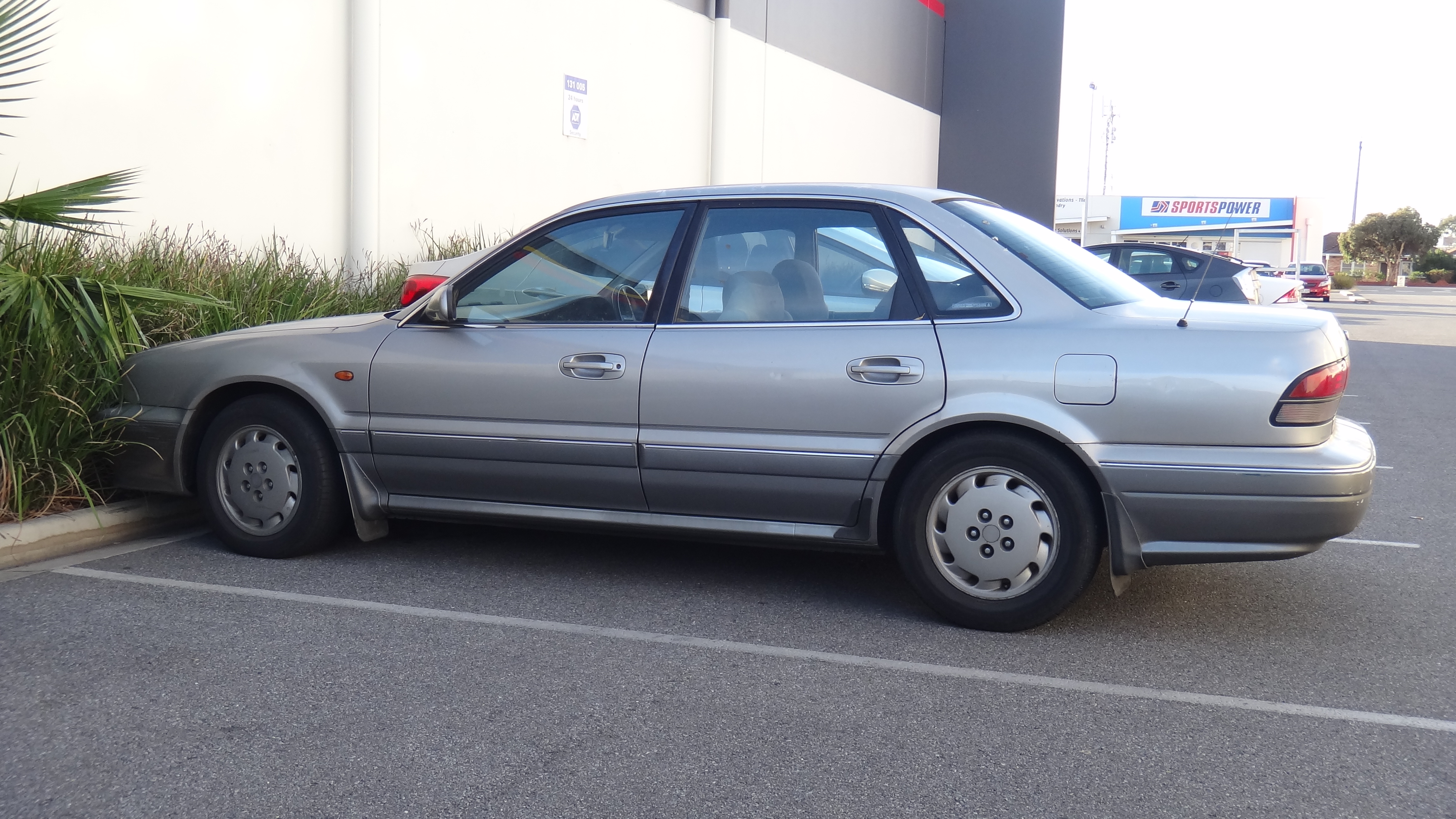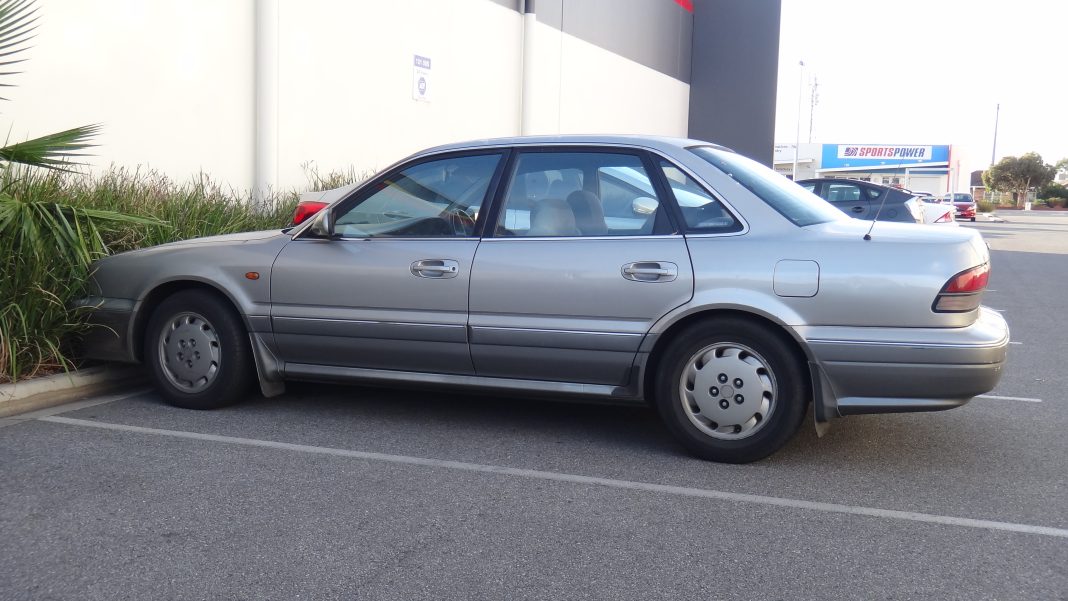 The Decline of Sedans in the United States: Is It Permanent?
The Decline of Sedans in the United States: Is It Permanent?
Introduction:
In the 1960s, General Motors (GM) introduced station wagons for its various brands, and by 1976, they accounted for 10 percent of all vehicles sold in the United States. However, American consumers grew tired of these bulky family wagons by the 1980s, leading to their eventual discontinuation. With GM recently announcing the end of production for its last sedan, the Malibu, in 2024, it begs the question: Are sedans disappearing from the American market for good?
The Rise of SUVs and the Demise of Sedans:
Karl Brauer, executive analyst for iSeeCars.com, believes sedans are unlikely to make a comeback. He points out that SUVs offer better visibility, ease of parking, higher seating positions, more interior space, and greater cargo capacity. While models like the Toyota Camry, Honda Accord, Hyundai Sonata, and Kia K5 may survive in the long run, sedans as a whole are losing favor among consumers.
Automakers’ Short-Term Thinking:
According to Brian Moody, executive editor at Autotrader.com, automakers’ decisions to eliminate or create new cars often lack a long-term perspective. Moody argues that eliminating models like the Fusion, Malibu, and LeSabre is shortsighted and fails to consider the potential resurgence of sedans. He cites Jeep’s success in sticking with their cars as an example of being rewarded for long-term thinking.
Foreign Automakers Seize the Opportunity:
While American automakers are shifting their focus towards trucks and SUVs, foreign automakers see an opportunity to gain market share by reintroducing sedans. Toyota is bringing back the Supra, Volkswagen AG is developing a new Passat sedan, Subaru is rolling out its WRX STI, Hyundai is debuting its new Elantra, and Lexus is promising a new RCF track edition. This suggests that there is still a demand for affordable sedans in the American market.
Consumer Preferences and the Push for EVs:
An Edmunds survey reveals that American buyers prefer affordable sedans and SUVs over expensive electric vehicles (EVs) and trucks. Half of the respondents expressed a desire to spend less than $40,000 on a new EV, while 22 percent wanted to stay below $30,000. However, there is currently a lack of new EVs available at these price points. This raises questions about how the Biden administration’s push for EV sales and better fuel economy will impact the current sales environment.
The Impact of Fuel Efficiency and Sustainability:
Some experts argue that despite the shift towards SUVs, the demand for smaller engines and more efficient SUVs will prevent a mass exodus from this segment. Karl Brauer highlights that many trucks and SUVs now offer decent fuel efficiency, which reduces the incentive to switch to sedans. Additionally, he emphasizes the environmental benefits of prolonging the lifespan of existing vehicles rather than constantly buying new ones.
The Future of Station Wagons:
While sedans face an uncertain future, the fate of station wagons is even more precarious. There is no indication that American automakers plan to reintroduce these models. However, Brian Moody suggests that there may be missed opportunities in ignoring the potential appeal of classic wood-sided station wagons in today’s market.
Conclusion:
The decline of sedans in the United States appears to be driven by consumer preferences for SUVs and automakers’ short-term thinking. While foreign automakers see an opportunity to fill the sedan gap, American automakers are focusing on trucks and SUVs. However, there is still demand for affordable sedans, as indicated by recent surveys. The Biden administration’s push for EV sales and fuel efficiency may influence the market, but smaller engines and efficient SUVs could continue to dominate. The future of station wagons remains uncertain, but nostalgia for classic models suggests there could be potential for their resurgence.


